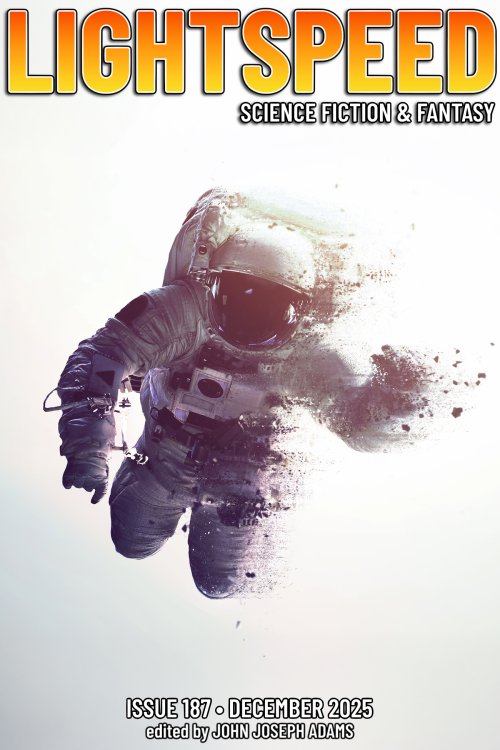Nonfiction
Interview: P. Djèlí Clark
Born in New York and raised mostly in Houston, P. Djèlí Clark spent the formative years of his life in the homeland of his parents, Trinidad and Tobago. His writing has appeared in Daily Science Fiction, Heroic Fantasy Quarterly, Lightspeed, Tor.com, and print anthologies including Griots I and II, Steamfunk, Myriad Lands Volume 2, and Hidden Youth.








